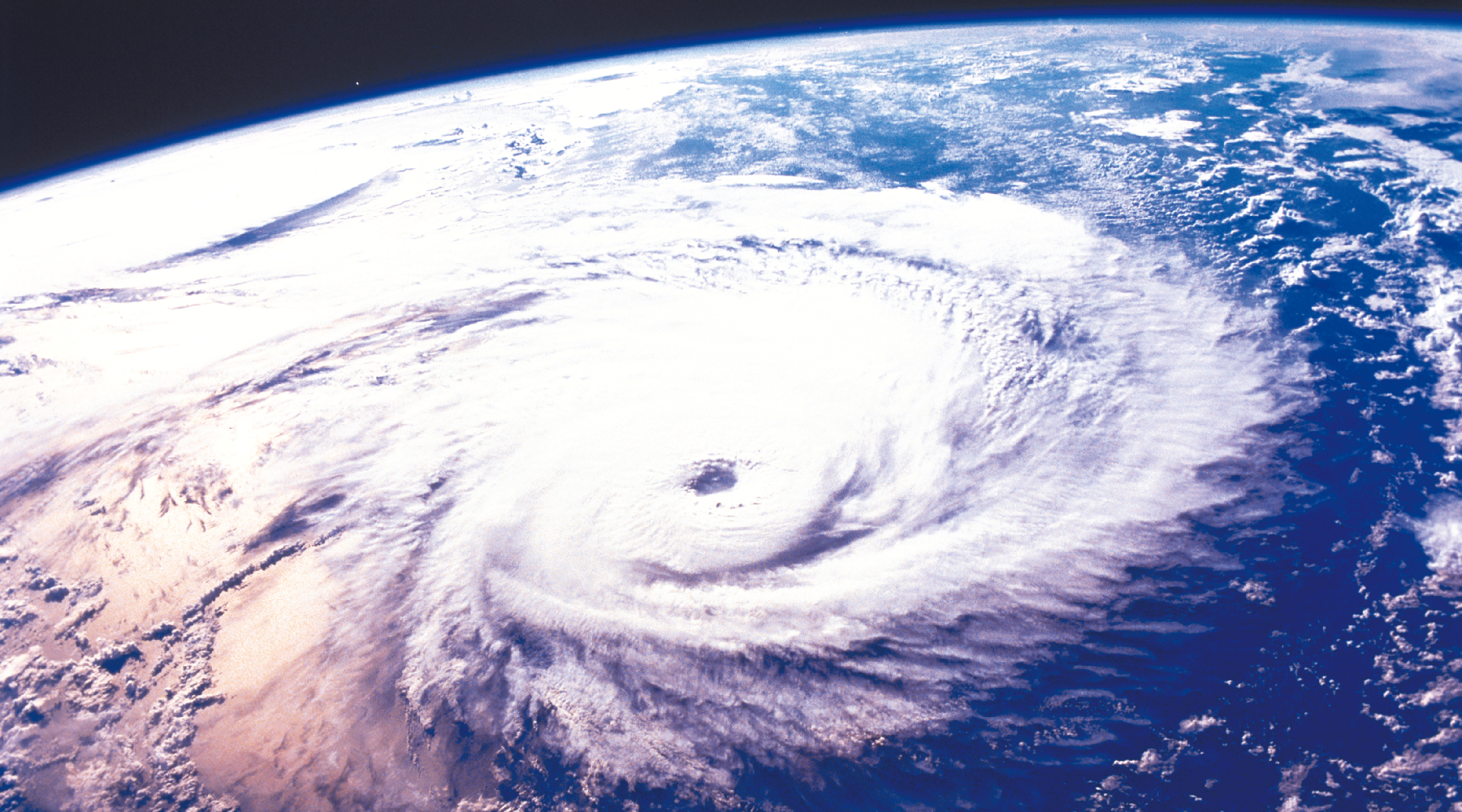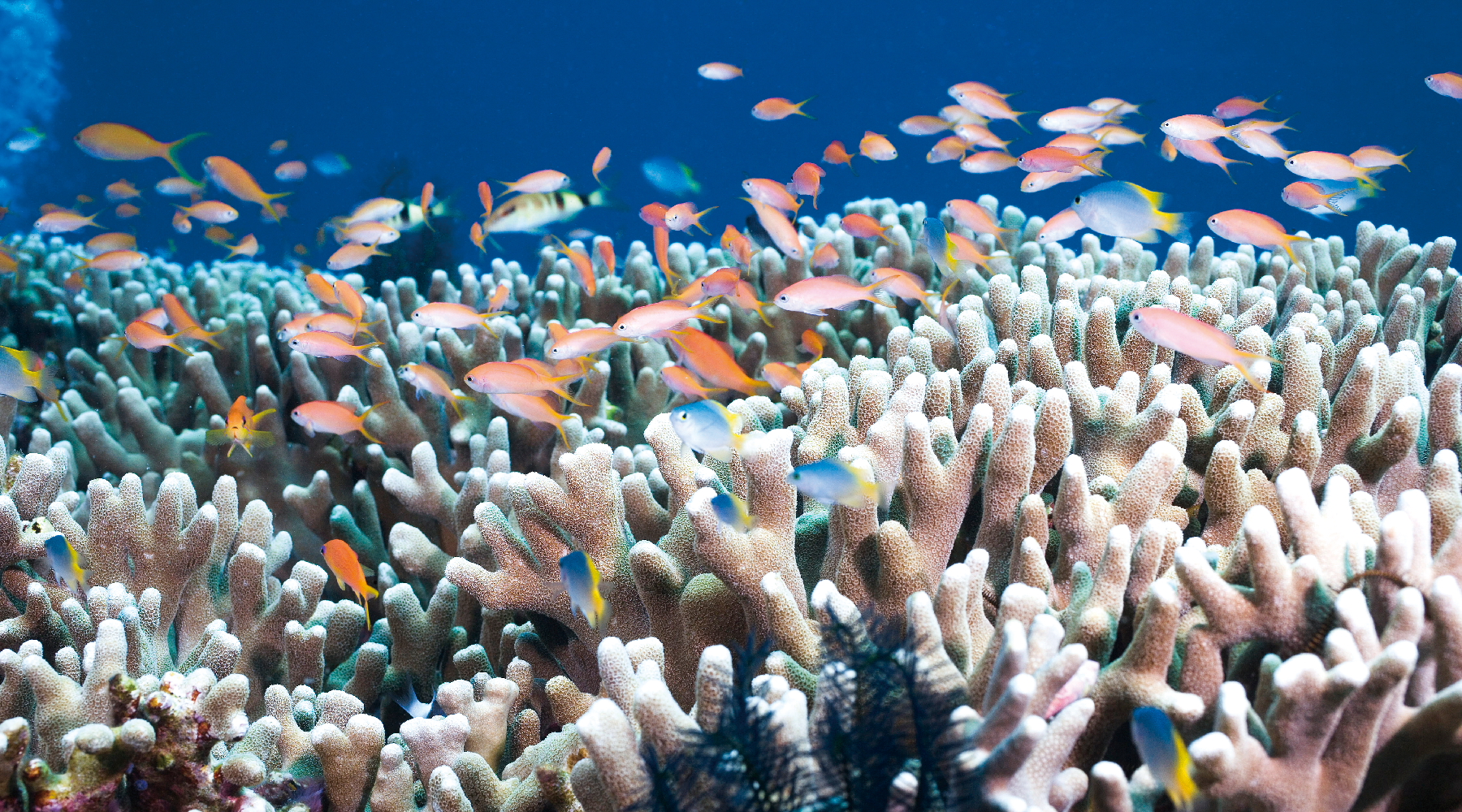** Progress in Earth and Planetary Science is the official journal of the Japan Geoscience Union, published in collaboration with its 51 society members.
** Progress in Earth and Planetary Science is partly financially supported by a Grant-in-Aid for Publication of Scientific Research Results to enhance dissemination of information of scientific research.
Gallery View of PEPS Articles
Methodology
Atmospheric and hydrospheric sciences
Deep-float salinity data synthesis for deep ocean state estimation: Method and impact
Masuda S., Osafune S., Hemmi T.
Deep ocean, Argo float, state estimation
Estimated salinity biases of (a) deployed deep floats on the basis of ocean observation dataset, and (b) the mean vertical profile of the biases.
The importance of deep ocean observations has been recognized with regard to changes in the deep ocean such as global bottom-water warming. Therefore, sustainable deep ocean monitoring networks that use autonomous profiling floats have been widely proposed, and a number of deep-float deployment initiatives have begun around the world. Deployed floats promise to provide unprecedented deep ocean information. However, present deep-float data are known to have biases. In particular, a depth-dependent bias in salinity data is a major issue that prevents us from constructing global deep ocean monitoring networks. This paper proposes a new approach to utilize ongoing deep-float salinity data to reduce the bias in estimates of the global full-depth ocean state. It reports results from comparative experiments with and without deep-float data by using the proposed approach to examine the impact of data from currently operating deep floats on ocean state estimates. The results demonstrate that available float data possibly contribute local corrections to the modeled climate ocean state. Furthermore, we clarify how interannual basin-scale estimations are controlled by available deep-float salinity data in two specific regions of the Southern and Indian Oceans.






